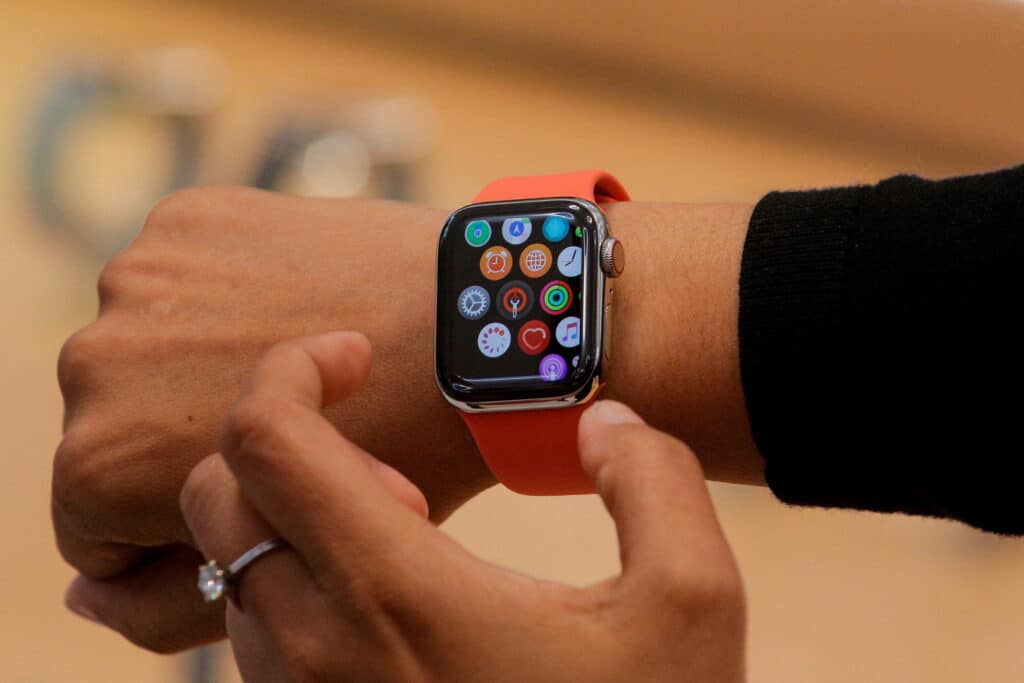Apple Launches Global Health Data Privacy Campaign

Apple has recently initiated a global campaign aimed at raising awareness about the significance of health data privacy. This campaign focuses on India, where a large number of individuals rely on various smart devices to monitor their health data online. The campaign will be extensively promoted through broadcast channels, social media platforms, and billboards across 24 regions worldwide throughout the summer season. In India specifically, billboards will be displayed in major cities such as Kolkata, Mumbai, Delhi, Bengaluru, Chennai, Hyderabad, Pune, and Ahmedabad.
The campaign features a new advertisement narrated by Jane Lynch, a renowned Emmy Award-winning actress and comedian. Additionally, Apple will provide a white paper offering insights into the measures taken to safeguard data stored in the Health app on iPhones and within HealthKit. The combination of these efforts aims to emphasize Apple’s commitment to protecting users’ health data privacy.
In a bid to highlight the importance of health data privacy, Apple has released a comedic advertisement that narrates the experiences of individuals whose health details is communicated without their approval by a third party. The ad features the voiceover talent of Jane Lynch and is directed by the renowned Craig Gillespie, known for his work on acclaimed films like “I, Tonya” and “Cruella.”
To further address health data privacy concerns, Apple has published a white paper on the subject. The company firmly believes in four core privacy principles: data minimization, on-device processing, transparency and control, and security. These principles have been integrated into Apple’s Health features right from their inception, ensuring that user data is handled with utmost care and protection.
By emphasizing data minimization, Apple aims to limit the collection and storage of personal health information. The company also prioritizes on-device processing, ensuring that sensitive data remains on the user’s device and is processed locally whenever possible. Transparency and control are key aspects, enabling users to have a clear understanding of how their health data is used and granting them the ability to manage and control its sharing. Lastly, Apple places significant emphasis on security measures to safeguard user health data.
To prioritize user privacy, iOS takes measures to minimize the transmission of health data to Apple’s servers. By leveraging on-device capabilities, health metrics are generated directly on the user’s device. This means that users who have two-factor authentication, a device passcode, and are running iOS 12 or later can benefit from end-to-end encryption for their Health app data. As a result, the data stored in the Health app remains inaccessible to anyone, including Apple.
The Health app provides various features such as Trends & Highlights, resting heart rate tracking, and Cycle Tracking predictions. Importantly, these functionalities operate on-device, ensuring that Apple does not have access to this data for the purpose of generating health metrics or summaries. By performing the storage and computation locally on the user’s device, Apple maintains a commitment to user privacy and ensures that sensitive health information remains confidential.
Recognizing the sensitivity of health data, Apple places a strong emphasis on giving users full control over the sharing, recipients, and usage of their personal information. Through HealthKit, apps can request access to specific types of health data, and it is entirely up to the user to decide which data, if any, they want to share.
To ensure the security and privacy of health and fitness data collected from iPhone and Apple Watch, it is encrypted directly on the device using a passcode. Additionally, when syncing data from Apple Watch to iPhone, a secure process is followed to maintain the confidentiality of the information. Consequently, even if someone gains physical access to the user’s device, the data stored in the Health app remains unreadable unless they possess the passcode.
Apple also highlights the high adoption rate of two-factor authentication among active iCloud users, revealing that as of August 2022, over 95% of users had enabled this added layer of security. This statistic reflects Apple’s commitment to promoting and prioritizing user privacy and data protection.

